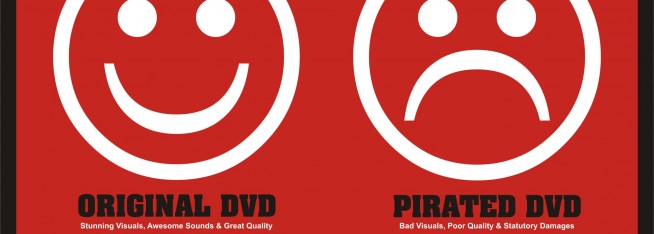 In breaking news the group Anonymous has hit with its second largest attack on websites so far. Anonymous has crashed the Justice Department, Universal Music and MPAA USA sites in protest to the two anti-piracy bills (SOPA and PIPA) trying to be passed in the two houses of congress in the US as well as the recent Fed shutdown of Megaupload.com.
In breaking news the group Anonymous has hit with its second largest attack on websites so far. Anonymous has crashed the Justice Department, Universal Music and MPAA USA sites in protest to the two anti-piracy bills (SOPA and PIPA) trying to be passed in the two houses of congress in the US as well as the recent Fed shutdown of Megaupload.com.
This is the most recent act of activism with regards in particular to the anti-piracy bills. Earlier in the week, sites like Wikipedia and Google protested by having a 24 hour blackout or carrying messages of condemnation. The public seems to mostly support this activism; American’s in particular see these bills as a breach of their First Amendment right: Freedom of Speech. Strongly boycotting this behaviour is Hollywood, numerous studio chiefs have publically come out with comments of outrage at President Obama for not supporting them through these bills. Obama’s administration came out on Saturday saying that they “will not support legislation that reduces freedom of expression, increases cybersecurity risk, or undermines the dynamic, innovative global internet.” Hollywood has taken this as a declaration of war and has confirmed it will no longer donate any money to the Obama re-election campaign. A drastic reaction comparable to that of Anonymous actions mentioned earlier.
The bills would give the US government the power to shut foreign-based sites that sell copyrighted entertainment. The predominant concern from those protesting is that the law may be used against legitimate sites, or dampen investor interest in the Web. The Special Assistant to the US President Howard Schmidt is trying to soften the blow with all the stakeholders (Hollywood and the MPAA in particular) by agreeing that online piracy is “a serious problem that requires a serious legislative response”.
So what does this all mean for us? Well, it will impact those Australians who use websites for business or pleasure that are hosted on US servers. Now all this might not sound all bad and need such extreme reactions from moguls and tech companies. But like The Australian explains: “in some instances [the provision] would require “DNS blocking”. The domain name system, or DNS, is an integral part of the internet, ensuring traffic goes where it’s supposed to when users type in a Web address like” www.smh.com.au or www.sydneymorningherald.com.au. In sum this could be a concern for websites that link traffic to revenue.
In the end, the US government and its people will have their say and legislature will either pass, or be reformed and somehow it will indirectly affect us all. But when it does, we will find a way to work with or around it (legally) to make sure this doesn’t affect business as usual.













